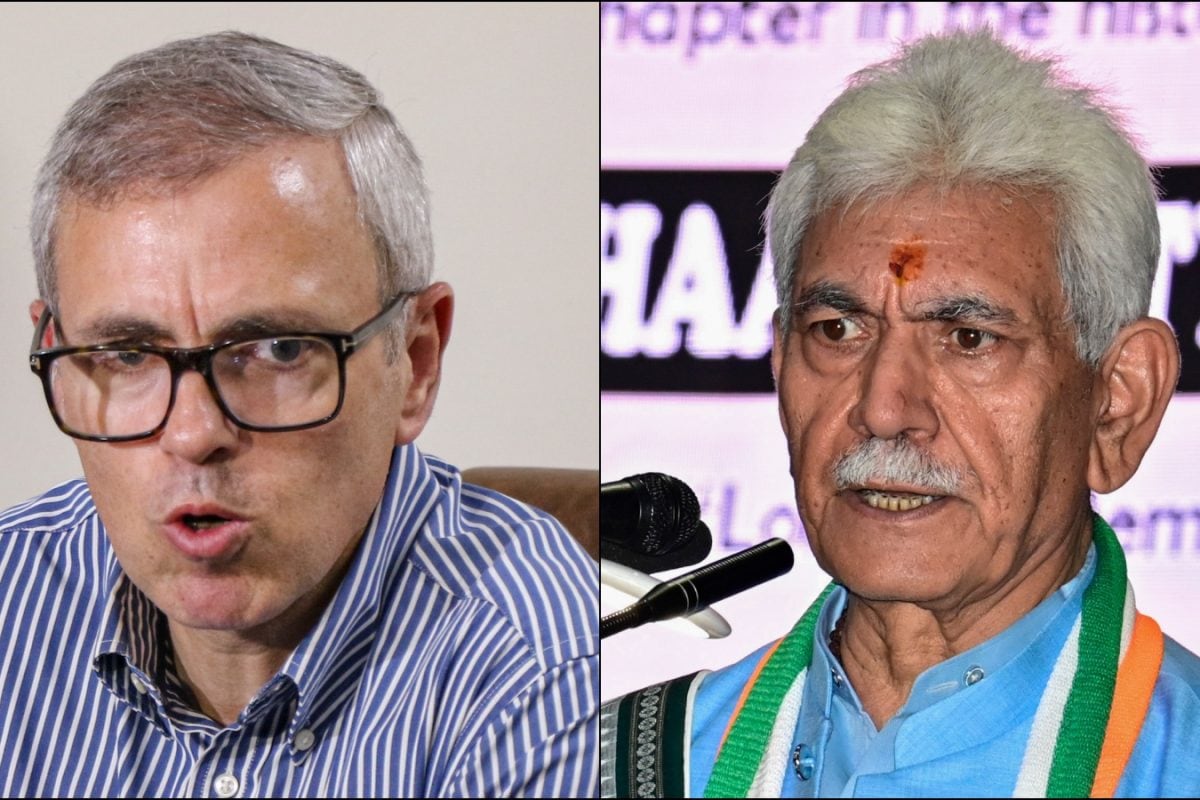

Following the tragic terrorist attack in Pahalgam on April 22, 2025, which resulted in the deaths of 26 people, mostly tourists, Jammu and Kashmir's political landscape has been rife with accusations and introspection. The attack, perpetrated by five armed terrorists in the Baisaran Valley, has been deemed the deadliest on civilians in India since the 2008 Mumbai attacks. In the aftermath, Lieutenant Governor (LG) Manoj Sinha has taken full responsibility for the security failure, a move that has sparked reactions from various political figures, including former Chief Minister Omar Abdullah.
Omar Abdullah, while speaking to a news channel, stated that the failure in Pahalgam rested on the shoulders of the LG's administration, not with an elected government. He pointedly noted that Sinha himself admitted to the failure, which nearly escalated into a war with Pakistan. Abdullah's remarks underscore the delicate balance of power and accountability in the region, especially considering the strained relationship between the elected government in Srinagar and the Delhi-backed administration.
LG Manoj Sinha's acceptance of responsibility came during an interview where he described the attack as a Pakistan-sponsored act intended to disrupt Kashmir's economy and incite communal discord. Sinha acknowledged the security lapses that allowed terrorists to strike in a popular tourist area, which he attributed to the challenging terrain of Baisaran, a vast open meadow with limited security infrastructure. Despite taking responsibility, Sinha emphasized the decline in local militant recruitment and the government's commitment to countering terrorism. He also pointed out that the widespread condemnation of the attack by ordinary Kashmiris was a "befitting reply to Pakistan and terror outfits".
The Pahalgam attack had severe repercussions, including a temporary halt in tourism activities and heightened tensions between India and Pakistan. India accused Pakistan of supporting cross-border terrorism and responded with military actions, including airstrikes targeting alleged terror camps. Pakistan denied involvement and retaliated, leading to a brief military conflict before a ceasefire was declared. External Affairs Minister S Jaishankar described the Pahalgam attack as an act of economic warfare aimed at destroying Kashmir's tourism industry.
In the wake of the attack, the National Investigation Agency (NIA) has been actively investigating the incident, making arrests and extending custody of suspected locals involved. However, political figures like Omar Abdullah and PDP President Mehbooba Mufti have cautioned against collective punishment and urged security agencies to act diligently to avoid alienating the local population. Abdullah emphasized that the crackdown to nab the terrorists should not be perceived as a crackdown on the people of Kashmir.
The attack and its aftermath have triggered a broader discussion on the security situation in Jammu and Kashmir, the role of the elected government versus the Lieutenant Governor, and the region's relationship with the central government. While Sinha's acceptance of responsibility is seen by some as a step in the right direction, the incident has intensified scrutiny on the administration's ability to maintain peace and stability in the region and prevent future attacks.